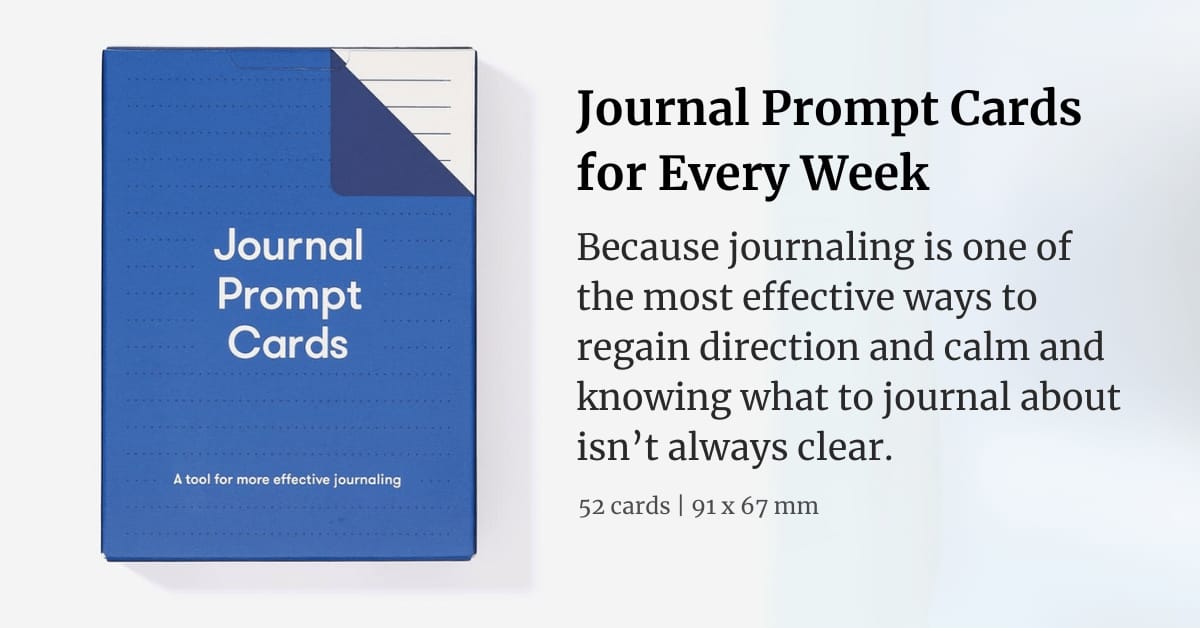- The Smarter Brain
- Posts
- Is your brain tricking your sense of time?
Is your brain tricking your sense of time?
Learn how memory, stress, and perception distort your internal clock

Welcome to The Smarter Brain, a curation of thought-provoking ideas and actionable reads to help you build better habits and become more productive.
Happy reading - See you on Wednesday!
Cheers,
The Smarter Brain Team
Estimated Reading Time: 2 mins

3 Ideas for Better Habits
Memory as a Time Machine
Psychology broadcaster, Claudia Hammond, on unlocking the science of rest and the hidden power of time perception.
“Medieval illustrations of the mind from the fourteenth century depict memories like snakes feeding into the imagination and, long before this, both Aristotle and Galen described memories not as archives of our lives, but as tools for the imagination.”
The Weight of Every Second
Science writer and time investigator, Alan Burdick, on unraveling our intimate relationship with the hours, moments, and rhythms that shape life.
“We find or lose time, like a set of keys; we save and spend it, like money. Time creeps, crawls, flies, flees, flows, and stands still; it is abundant or scarce; it weighs on us with palpable heft.”
Swimming in the River of Moments
Theoretical physicist, Carlo Rovelli, on revealing the mysteries of time, space, and our place in the cosmos.
“We inhabit time as fish live in water. Our being is being in time.”
Source: The Order of Time
Your Tool for More Effective Journaling
This set of prompt cards by The School of Life directs us to some of the most fruitful topics for reflection and self-exploration. Use them as you journal to find inspiration and encouragement. Here are some of our examples of their prompts:
Write a letter you want to - but never will - send.
Who I want to be this time next year.
The people I most love in the world - and why they matter so much.
The things I really, really care about.
List the ways in which you’re a little bit unusual (we all are). At the end, reflect on how that might not matter so much.

Productivity Tools and Resources
Why Time Slows When You’re in Danger
In life-threatening situations, many people report that time appears to move in slow motion. Neuroscientists explain that this effect isn’t because our brain speeds up, but because our amygdala stores unusually dense, vivid memories during high-stress events. When recalled later, these intense memories make it feel as though the experience lasted longer than it did.
The Illusion of Time Itself
This article explores how psychology, neurology, and culture influence our sense of past, present, and future. From patients with time perception disorders to experiments in altered states, it reveals how fragile and flexible our inner clocks are. The piece remains a fascinating look at the interplay between objective time and human experience.
Designing Focus with Flow
Boost productivity by mastering your flow state. With tools like Focus To-Do, you can plan tasks, track progress, and apply the Pomodoro technique to get more done while minimizing distractions. Stay focused, reduce overwhelm, and align your goals with clarity and calm.
What We're Reading
Brain & Behavior Newsletter - Discover how cutting-edge neuroscience is reshaping our understanding of the mind, behavior, and decision-making. Each issue delivers expert perspectives on neuroscience and psychology, from AI in mental health to the science of creativity.
Neuroscience News Newsletter - Stay on top of the latest research in cognition, memory, and neurological health. Each edition brings you accessible summaries and expert commentary, helping you make sense of breakthroughs in neuroplasticity, brain disorders, and mental health.
Brain Food
Today I Learned: Focused attention can slow down perceived time; losing focus makes time fly. (Source)
Science: Optogenetic stimulation of cerebellar Purkinje cells can reset animals’ timing judgments. (Source)
Have a productive rest of your week,
The Smarter Brain Team

Resource Spotlight
How Your Brain Architects Time: From Neural Oscillations to AI Insights
Your brain doesn’t just tell time — it creates it. Research reveals how neural oscillations, memory systems, and cutting-edge neurotechnology like brain-computer interfaces and AI shape our subjective sense of time.
Start mastering your brain’s perception of time with insights that cut through pseudo-science hype.
The Hidden Pathways That Make Time Feel Real
From milliseconds to hours, neural circuits transform fleeting signals into meaningful moments. By anchoring memory systems to past and future, the brain constructs the flow of temporal reality.
Begin optimizing your sense of time with neuroscience that explains why moments stretch or vanish.
Chronoception: The Brain’s Secret Timekeeping System
Monthly dispatches unYour brain holds a secret clock called chronoception — the ability to perceive and interpret time. From the suprachiasmatic nucleus regulating circadian rhythms to the hippocampus shaping autobiographical memory, these networks merge to construct your personal timeline.
Learn to harness your natural sense of time with neuroscience that strips away the hype.
(Everything in the section above is an ad, book yours here)
How would you rate this newsletter? |

Partner with The Smarter Brain and reach 8,000 professionals' inboxes. Contact us to learn more.
If you enjoy The Smarter Brain, we would really appreciate you spreading the word by sharing the sign up link to a colleague or friend. Thank you!
Collaborate with The Smarter Brain
